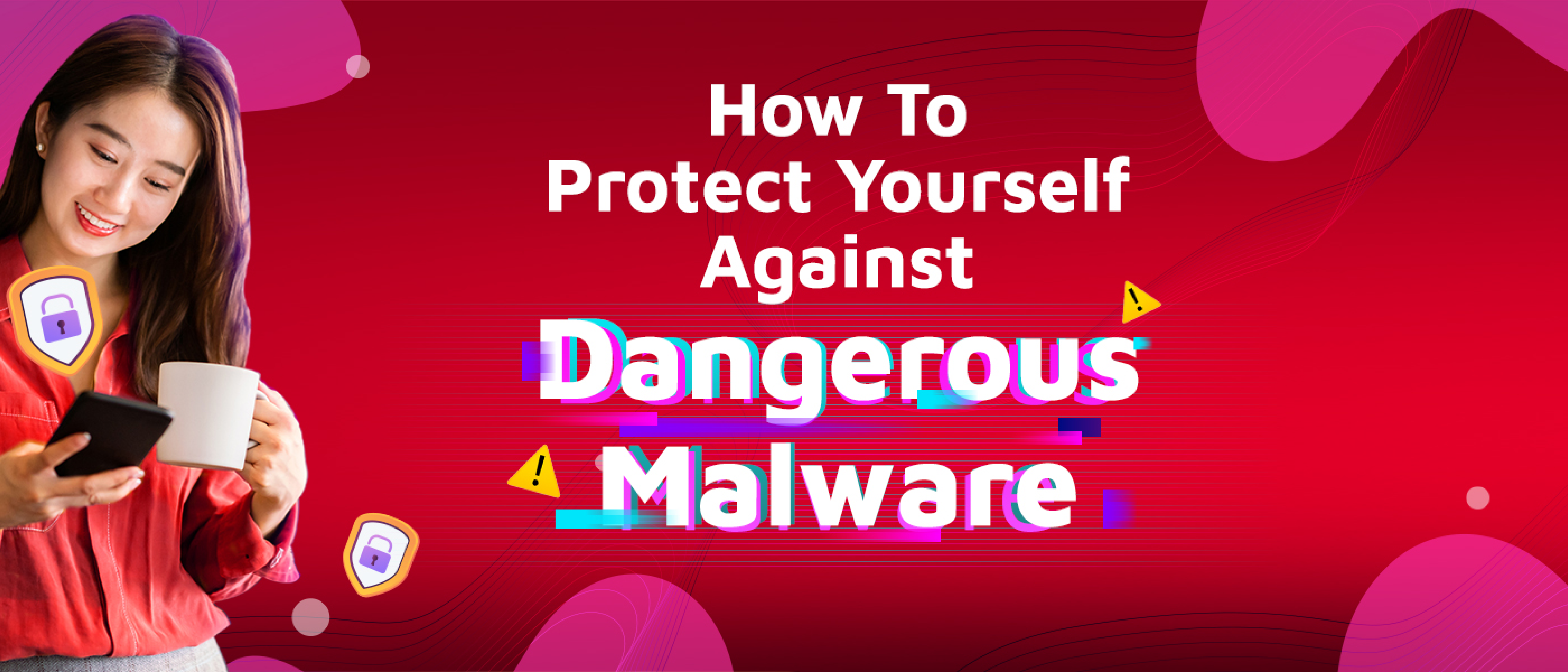Kuala Lumpur, 25 October 2022 – As consumers and businesses become more digitally savvy with each passing day to simplify our lives and break boundaries, so are cybercriminals and hackers, who are also going digital but with ill intentions.
However, fret-not, because there are preventive measures that users can take to protect ourselves in the online space. The first and most important step is to be aware and informed.
As part of our continuous initiative to raise awareness on cybercrimes, such as scams and fraud, Boost will remain vigilant in keeping our users informed and share tips on how to safely navigate an increasingly digital world.
One of the most prevalent forms of cybercrimes in the modern day is malware, but what is it? According to industry insights[1], a malware is short for “malicious software”, and it is an intrusive software that is designed to damage and destroy computers and computer systems. Common examples of malwares include viruses, worms, Trojan viruses, spyware, adware, ransomware, and more.
Now that we understand what they are, here are some simple dos and don’ts for users to stay safe and protect ourselves against malwares.
Don’ts:
- Do not install any app or .apk file from unknown sources. It could be a malicious program that is designed to take over your personal details and transaction credentials.
- Do not tap on ‘Allow’ for any unknown application seeking permission to access your SMS.
- Do not root or jailbreak(iOS) or root (Android) your mobile phone.
- Do not click on any links or open attachment from a source that you are unfamiliar with or suspicious of.
- Do not access malicious and invasive websites. e.g., pirated sites, invasive pop-up, click-bait sites and random malicious program, as there are chances of accidentally downloading malware into your device.
- Do not enter your personal login credentials or make online payments on a public shared computer or network.
Dos:
- Install anti-virus or anti-malware software on your devices.
- Be wary of websites before performing any transaction, verify if the website is secure. The lock symbol and related URL containing “https://” means that the connection between web browser and the website server is encrypted.
Remember to always stay vigilant! To stay updated on all our Scam Awareness PSA, stay tuned to Boost’s Newsroom here: https://bit.ly/MyBoostNewsroom
For a comprehensive list of online security tips, visit our support page here: https://support.myboost.com.my/hc/en-us/sections/11722850539801-Security-Awareness
[1] https://www.cisco.com/c/en/us/products/security/advanced-malware-protection/what-is-malware.html


